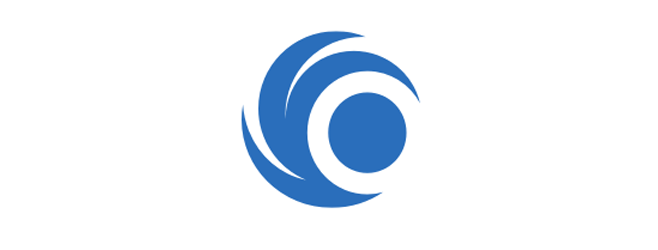Educators may use the following questions to prompt students to reflect on their actions in the Reflect component (Ontario Ministry of Education, 2010):
- What have you learned about your topic?
- What skills have you learned?
- What have you learned about effectively communicating your ideas and learning?
- What have you learned about the inquiry process?
- What have you learned from collaborating with others?
- Which components of the inquiry process were the most challenging?
- What have you learned that you can use in other subjects or other areas of your life?
- How well did you achieve your goal?
- What changes did you have to make to achieve your goal?
- How did you feel at the beginning of the inquiry process and at the end?
- Did your thinking about the topic change at any point in the inquiry process?
- What advice would you give to someone using the inquiry process for the first time?
Assessing When Students are Reflecting
Reflection is addressed in the use of critical/creative-thinking processes and under the Thinking section of the Achievement Chart (Ontario Ministry of Education, 2015a). This component of the inquiry process requires students to frequently reflect on their learning and determine steps for improvement.
To assess how students are learning and to provide feedback, educators can have students submit a reflection at the end of each stage of the inquiry process, making connections back to the learning in Health and Physical Education. For example, students could write a blog post or have a mini-conference with the educator to share their learning related to the Health and Physical Education curriculum expectations. Students could also identify challenges they might be experiencing and the strategies they can use related to their challenges.
Ongoing student reflections give educators a rich source of information about how students are progressing with respect to the knowledge acquisition of the Health and Physical Education expectations throughout the inquiry.
Educators can then provide feedback about how the student can do the following (Alberta Learning, 2004):
- Move forward
- Understand things from new perspectives
- Make connections between previous and new knowledge
- Identify the patterns of their learning
- Write/talk about their reasons for sharing their new knowledge in a particular way
- Explain the way they focused on the needs of their particular audience
- Identify what went well with their sharing and what things they need to improve
Success Criteria When Students are Reflecting
Educators develop the success criteria with students so that a common understanding is developed. The co-constructed descriptions may be different in each class, but below is a list of possible success criteria for reflecting. Each of the following success criteria should be expanded to be linked to what students are specifically learning within Health and Physical Education curriculum.
- I can articulate my thinking processes.
- I can identify how I best learn information.
- I can use a variety of oral, visual, and written methods to reflect on my learning.
- I can plan next steps based on reflections about the inquiry process.
- I can use coping skills and time management skills to deal with confusion and frustration during the inquiry process.
- I can collaborate with others to be successful at a given task.
References
Alberta Learning. (2004). Focus on Inquiry: An educator’s guide to implementing inquiry-based learning. Edmonton, AB: Alberta Learning.
Ontario Ministry of Education. (2010). Growing success: Assessment, evaluation and reporting in Ontario schools, covering grades 1 to 12 (1st ed.). Retrieved from http://www.edu.gov.on.ca/eng/policyfunding/growSuccess.pdf
Ontario Ministry of Education. (2015a). The Ontario Curriculum, Grades 1 to 8: Health and Physical Education, 2015 (Rev. ed.). Retrieved from http://www.edu.gov.on.ca/eng/curriculum/elementary/2019-health-physical-education-grades-1to8.pdf.
Ontario Ministry of Education. (2015b). The Ontario Curriculum, Grades 9 to 12: Health and Physical Education, 2015 (Rev. ed.). Retrieved from http://www.edu.gov.on.ca/eng/curriculum/secondary/health9to12.pdf

